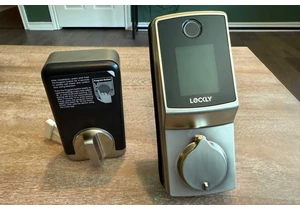According to a new blog post, Microsoft will be enforcing uniform USB-C standards for Windows 11 laptops going forward, which apply with Windows 11 24H2 and beyond. PC manufacturers will need to implement Microsoft’s specifications for USB-C ports in a standardized manner. Previously, these specifications already existed but were optional.
Up until now, PC manufacturers have been able to customize the performance of USB-C ports and didn’t have to fully utilize the technical possibilities of the hardware. As of right now, USB-C supports a maximum charging throughput of 240 watts and a maximum data transfer speed of 80 Gbps (or even 120 Gbps for monitors). DisplayPort and Thunderbolt are also fully supported through USB-C.
However, the fact that manufacturers haven’t had to fully implement these specifications has led to well-known problems. For example, when you connect a monitor to your computer via USB-C, you might use a random USB-C cable that you have on hand—but the monitor remains dark. What could be the issue? Due to lax USB-C standards enforcement, it’s hard to troubleshoot problems like this when they occur.
Microsoft wants to put an end to USB-C uncertainty by setting minimum requirements for USB-C hardware on PCs via the Windows Hardware Compatibility Program (WHCP), which shifts previously optional specs into mandatory ones. New Windows PCs that bear the WHCP label must fulfill the following minimum requirements.
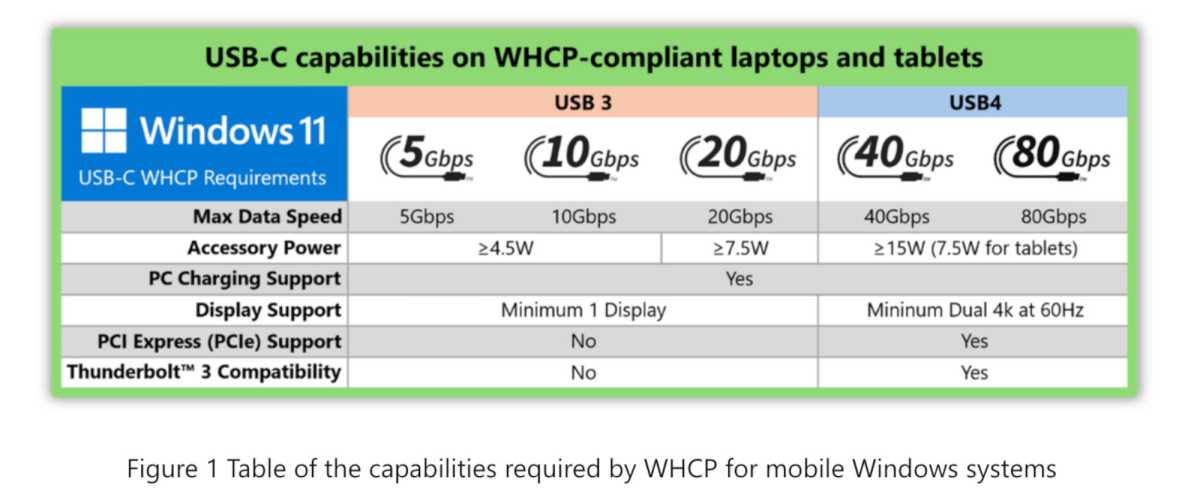
Microsoft
With USB4: All USB-C ports must transfer data at either 40 Gbps or 80 Gbps, and they must be fully compatible with Thunderbolt 3. USB-C ports on WHCP laptops must charge with at least 15 watts. (For tablets, a minimum of 7.5 watts.) All USB-C ports must support USB Power Delivery, PCIe tunnelling, DisplayPort Alt Mode, and dual 4K@60Hz monitors.
With USB3: All USB-C ports must transfer data at either 5 Gbps, 10 Gbps, or 20 Gbps. USB-C ports must have a charging power between 4.5 and 15 watts, and must be able to handle at least one display. No support for PCIe or Thunderbolt 3 is required.
To obtain the WHCP seal, laptop manufacturers must test their devices with Microsoft’s Windows Hardware Lab Kit (HLK).
Autentifică-te pentru a adăuga comentarii
Alte posturi din acest grup

Intel documentation has revealed additional code names in the context
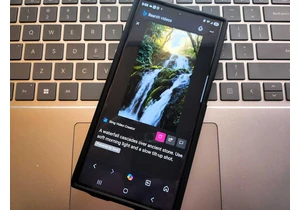
In the last few days, AI-generated text-to-video has taken off, with

At this point, I get so many spam calls that my blood pressure rises
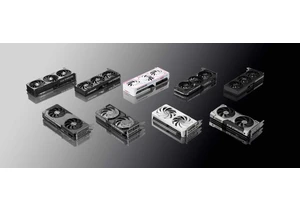
One of the stranger effects of the Trump administration’s trade war w
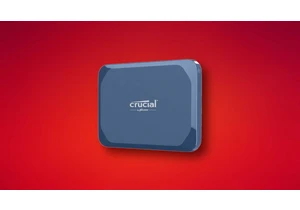
A bit of extra storage space is never a bad thing to have, especially

Looking to skip the hassle of wall-mounting a security camera in your
